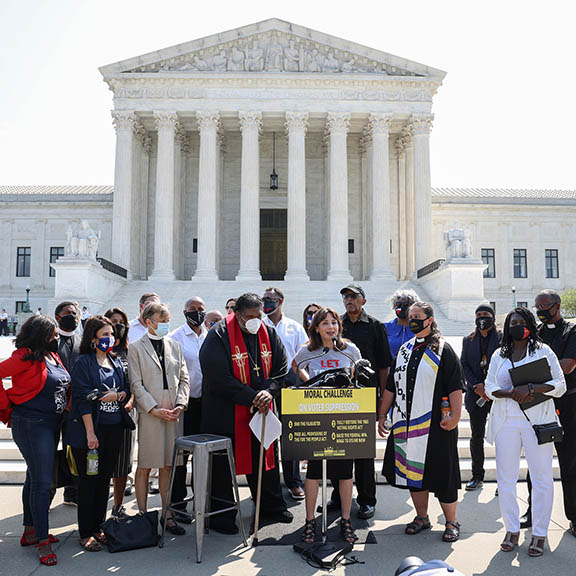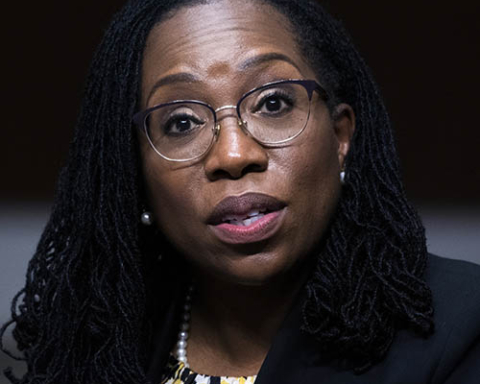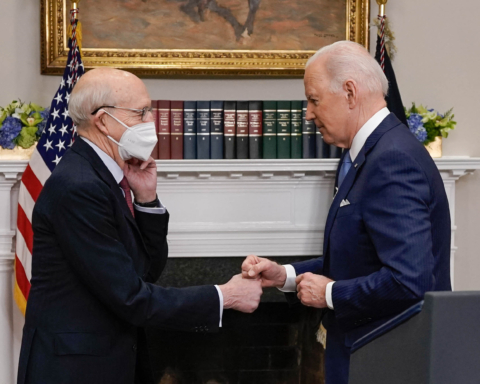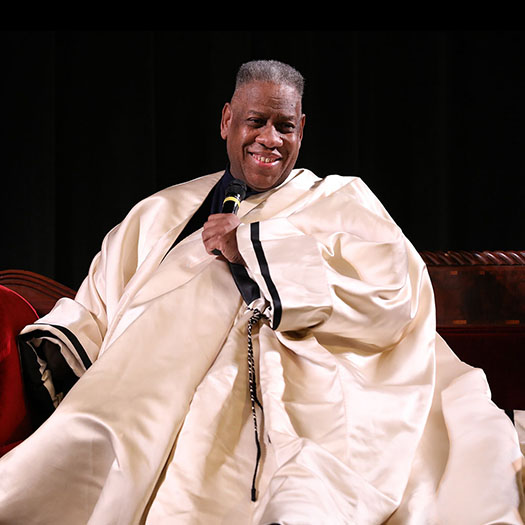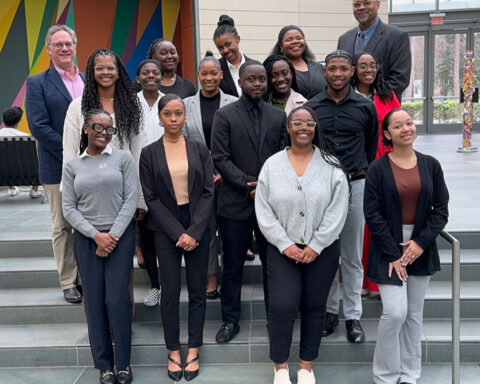WASHINGTON — A Supreme Court order that allowed Alabama to use its new congressional map for the 2022 election has ominous signs for federal challenges to redistricting plans in other states for the upcoming midterms and beyond.
The 5-4 decision Monday signals a tight timeline for ongoing federal challenges to alter congressional and legislative maps for 2022 elections under the Voting Rights Act of 1965, election law experts said. That includes challenges in Arkansas, Georgia, Ohio, Michigan and Washington, as well as Biden administration and other efforts to overturn Texas’ latest congressional map.
And the conservative majority of the high court appears ready to change the way federal courts decide similar cases in a way that could make it more difficult to use race to challenge future maps, those experts said.
Two weeks ago, a lower court ruled that Alabama’s map violated Section 2 of the Voting Rights Act because it includes only one majority Black district of out of the seven districts in a state where a quarter of the population is Black. That court ordered the state to redraw the map ahead of a May 24 primary.
That section of the law prohibits election changes that would dilute the voting power of minority communities. The two lawsuits at issue allege the Alabama legislature unlawfully packed most of the state’s Black voters into the 7th District and scattered the rest of the Black population among the other districts — and the court agreed.
But the Supreme Court put that on hold, in part because the first steps of the primary election would happen too soon for Alabama to redraw the maps. States have spent the last few months scrambling to finish congressional maps in a process delayed last year by the coronavirus pandemic and decisions by the Trump administration that postponed the release of census population data.
“What was already a narrow window to challenge these maps has become even narrower if it hasn’t closed entirely with the Supreme Court’s assertion that there was not enough time to run the election if the maps were changed,” said Asher Hildebrand, a former congressional staffer and now an associate professor at Duke University.
Justice Brett M. Kavanaugh defended the decision. He wrote the lower court order would violate a judicial principle that courts should not alter election laws in the period right before an election, depending on how big the change is and how close it is to an election.
Here, the lower court’s order would not be feasible without significant cost, confusion, or hardship, Kavanaugh wrote: “The District Court’s order would require heroic efforts by those state and local authorities in the next few weeks — and even heroic efforts likely would not be enough to avoid chaos and confusion.”
Instead, putting that order on hold for the 2022 election would “allow this Court to decide the merits in an orderly fashion — after full briefing, oral argument, and our usual extensive internal deliberations—and ensure that we do not have to decide the merits on the emergency docket,” Kavanaugh wrote.
Justice Elena Kagan, in a dissent joined by the two others in the court’s liberal wing, wrote there was plenty of time for Alabama to redraw the map. The state had been on notice since 2018 that there would be such a challenge, and the legislature had drawn the challenged map in just a week, she wrote.
Michael Li, senior counsel for the Brennan Center for Justice at New York University Law School, also pointed out that Kavanaugh’s concurrence marked a departure from the Supreme Court’s prior approach to election law changes: In 2012, the court ordered a delay to Texas’ primary while a Voting Rights Act case played out.
The decision in the Alabama case is the latest sign the court’s makeup has changed in the last decade, Li noted. Litigants are more likely to pursue full trials now, such as in Texas, where challengers to the map requested a three-week trial in September.
“Advocates recognize that you really have to have all your i’s dotted and t’s crossed or else they will get shellacked at the Supreme Court,” Li said. “People are not going to push down on the gas pedal in light of Alabama.”
Other election law experts wondered if the way the conservative majority approached the timing of this decision so close to the election would be used by states to game legal challenges.
Jamal Greene, a professor at Columbia Law School, tweeted the Kavanaugh approach “seems to virtually immunize redistricting plans from judicial review prior to the first election in which they are in place (or at least enable legislatures to time them accordingly).”
Perry Grossman, a voting rights attorney at the New York Civil Liberties Union, tweeted the case could not have been brought faster — and Kavanaugh’s approach “is just a ‘get out of jail free card’ for discrimination.”
Other warnings
Other warning signs for the future of Voting Rights Act enforcement — and maybe even more broadly for how quickly the Supreme Court is moving rightward — were found in the separate dissent from Chief Justice John G. Roberts Jr.
Roberts noted he would have handled the case differently in a procedural way. He would have left the three-judge panel in place — meaning Alabama would redraw the map for the 2022 election — while the court reviewed the lawsuit and the merits of how the lower court applied the Voting Rights Act.
The chief justice, known for favoring a more incremental approach to court action to preserve its reputation as outside of politics, wrote that the district court “properly applied existing law in an extensive opinion with no apparent errors for our correction.”
Yet, none of the other five conservatives joined Roberts on that more measured course. The Alabama case is the latest in a series of examples, most of which are on the court’s emergency docket, that Roberts lacks the sway to slow down the five other conservative justices who want to pull the court rightward, said Texas Steve Vladeck, a University of Texas law professor.
That emergency docket is dubbed the “shadow docket” because of rulings that come before a full briefing and argument and are sometimes not fully explained, and the court can essentially decide big issues even without an official ruling on the merits of the lawsuit at hand.
Vladeck said those are cases “where Chief Justice Roberts might be sympathetic to the other conservatives’ views on the merits, but doesn’t agree with how they’re using the shadow docket to get there faster.”
And it includes Roberts’ dissent in a 5-4 ruling in September that allowed Texas to continue to enforce a law that sharply curtailed abortion in the state, a law written in a way that clearly violates decades of abortion rights law. That challenge to the abortion law is ongoing in lower courts.
Georgia State University College of Law professor Eric Segall said the Alabama case gave the other five conservatives plenty of cover to join Roberts on a course that might appear less political. Two of the three judges on the district court panel were Trump appointees. There was plenty of time for Alabama to draw a new map, he said.
One of the other conservatives could have joined Roberts’ approach to keep the lower court ruling in place for the 2022 election, while expressing an overall disagreement with that court’s decision. That none did is ominous for the court’s approach in other cases with constitutional law questions, such as gun rights and abortion rights, Segall said.
“It would have been so easy for them to let this one go,” Segall said. “So the fact that [Roberts] couldn’t get one of them to come to his side, I think, is the understated story of this case.”
Roberts, who authored a 2013 decision that gutted a key enforcement provision of the Voting Rights Act and signed onto a 2020 decision that weakened a different section of the law, also signaled he had concerns about the current law that aligned with those of the other conservatives.
The court’s precedents on when a court ruling is too close to an election “have engendered considerable disagreement and uncertainty regarding the nature and contours of a vote dilution claim,” Roberts wrote.
Derek T. Muller, a law professor an election law expert at the University of Iowa, said there’s no question Roberts is saying that the court has created a mess in that area, that the court ought to clarify, and that he’s open to that.
“It’s pretty clear there are six votes to think about scaling back some of the ways that lower courts have been applying Section 2 of the Voting Rights Act,” Muller said.
The conservatives need only five votes for a majority, so the sign is there that there is an appetite on the court to make it harder for challengers to win vote dilution cases, he said.
“It would not surprise me to see some significant Voting Rights Act cases in the next couple of years that plaintiffs are going to lose, and they need to be careful about the kinds of claims they’re bringing precisely for that reason,” Muller said.
Story by Todd Ruger
CQ-Roll Call (TNS)
___
©2022 CQ-Roll Call, Inc., All Rights Reserved. Visit cqrollcall.com. Distributed by Tribune Content Agency, LLC.

